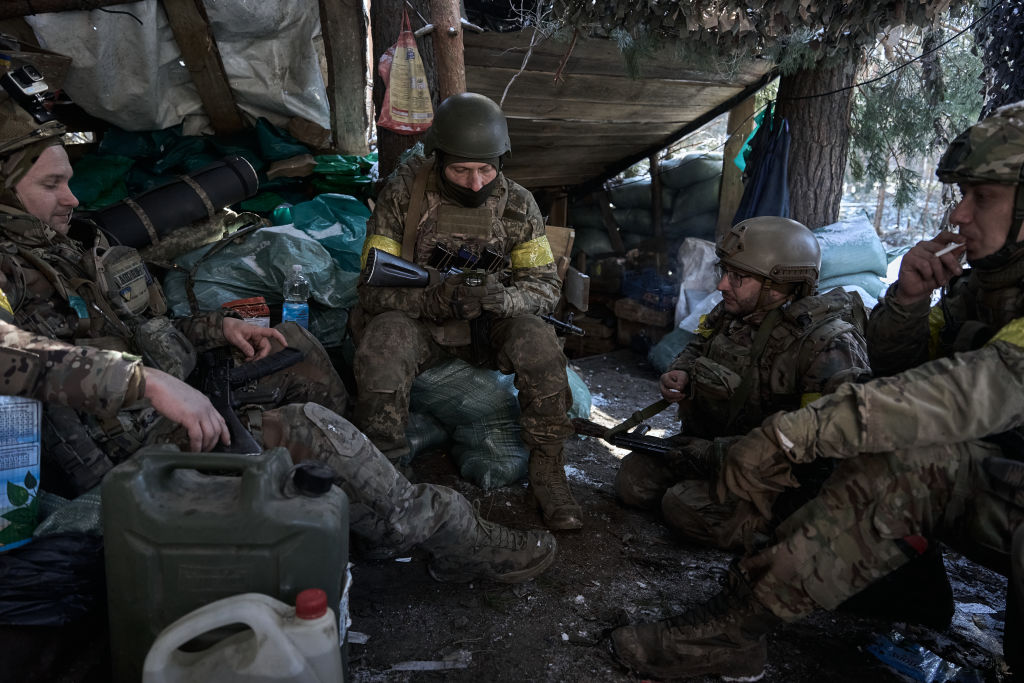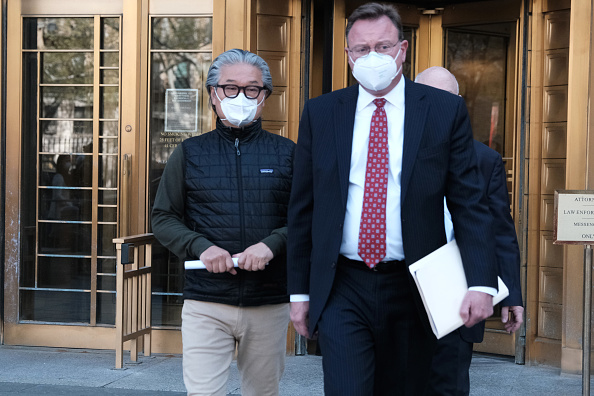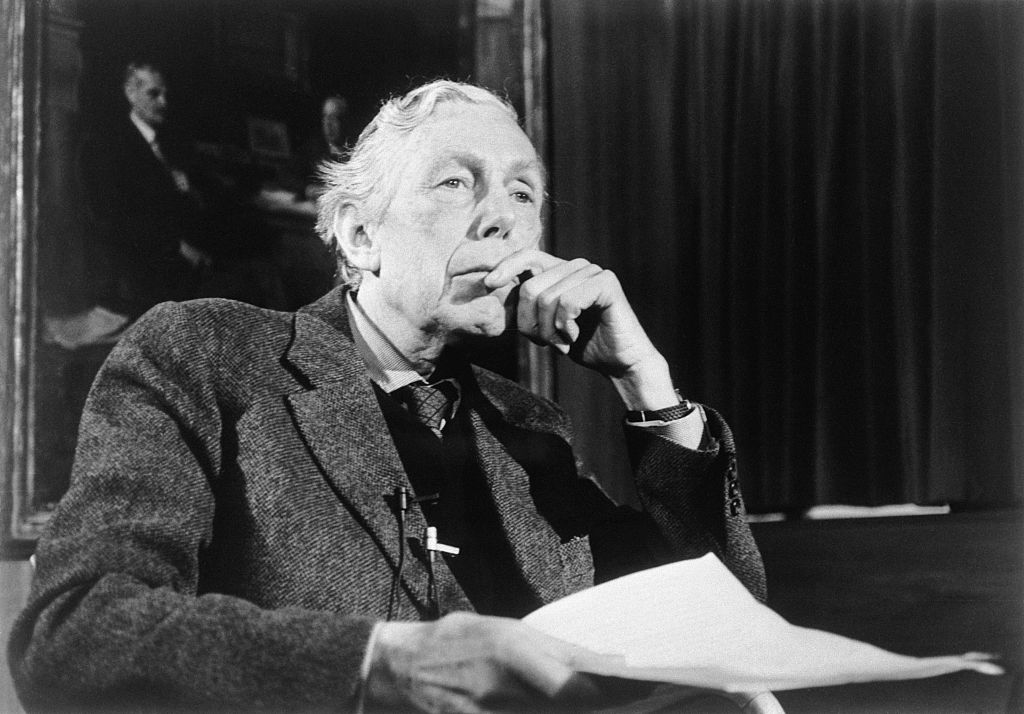There are few cities in the world more associated with socialism than Vienna — or “Red Vienna,” as it has been called by socialists and non-socialists alike. The city has been run by the Socialist Party of Austria since the end of World War One (a fascist-era interregnum notwithstanding), winning every democratic election. The Socialist Party’s power in Vienna is hard to describe in full: the party is practically interwoven into the government itself. The Mein Wien (My Vienna) newspaper, handed out for free by the government to all who live in the city, is ostensibly a nonpartisan news source, informing denizens about happenings in the city. In reality, it is just Socialist Party propaganda, complete with a column by the mayor which lets readers know how hard he is working, and is always written in a patronising tone one usually uses with kindergarteners.
At times the Socialists have had to govern with another party in a coalition, but each time feels akin to a swing dance routine: the partner will change at the end of the song, but the leader will remain the leader. Imagining a party other than the Socialists leading Vienna is like imagining that grass is pink.
But slowly, it seems a change is in the air. In the two previous Viennese elections, held in 2015 and 2021, the Socialists only received about 39 percent and 41 percent of the vote. These were both all-time lows, though because of a fractured opposition, the party was able to continue to run the city. But a new poll has the Socialists at 36 percent which, if continued into next year’s elections, would be their lowest ever result.
The reasons for this are numerous.
Let us start with why the Socialists dropped so precipitously in 2015. That year was the beginning of the populist waves which have successively swept over the Continent, and it was reflected in the results: the second-place slot was taken by the populist-right Freedom Party, which surged to just over 30 percent – the closest any party had come in years to besting the Socialists. This surge partially came from disaffected old-school Socialist voters who were incensed by massive migrant flows.
Unfortunately, however, a corruption scandal following the election involving the Freedom Party’s leader (no one else in the party was involved) damaged their momentum. That, combined with COVID, caused the Freedom Party to fall precipitously in 2021’s elections. But the Socialists only rose by two points, and much of the Freedom Party’s vote either stayed home or went to the centre-right People’s Party.
Why might this be? There are many reasons. Chief among them might be the chief of Vienna, Mayor Michael Ludwig. His predecessor, Michael Häupl, held the job from 1994 to 2018 – a political lifetime. While his last election was the near-disaster of 2015, he himself had managed to stay relatively popular, and that election could be chalked up to migrant-related concerns. But Ludwig’s first outing in 2021 was similarly disappointing.
Since then, he has not continued to impress. In 2022, a poll found that he would receive 53 per cent in a direct election for mayor. But now, that number stands at 28 per cent – a precipitous drop. That is probably because fully 61 per cent of voters believe the city is going in the wrong direction, with 55 per cent saying life is “worse” than it was half a decade ago.
Why could this be? How about the fact that Vienna is now home to gang warfare. While there were always problems with Chechen gangs, the massive importation of migrants has created a new one: Syrian youth gangs, who have taken to fighting in the streets. What is worse is that it turns out that Syrian gangs and Chechen gangs do not get along and have been fighting throughout the city. While the two have recently brokered a temporary truce, it is fragile (as all gang-related truces are), and likely to flare up again soon.
But the problem is not all gang warfare. Plenty of individual instances have also caused problems. In Reumannplatz (in a sad case of irony, named for the first socialist mayor of Vienna, Jakob Reumann), one member of the Austrian military noticed a girl was being threatened by migrants and intervened – only to himself be stabbed by a 20-year-old Syrian. There were other stabbings there this year, including fatal ones. It got so bad that the police instituted a no-knives policy there (which will surely do the trick – if criminals adhere to one thing, it is posted signage). And earlier this year, five women and girls were killed in a 24-hour period, three of which by a single migrant.
But it is not all stabbings. One horror-show of a case involved a group of 17 migrant men, aged 12 to 22, who sexually abused a 12-year-old girl for months before police were finally alerted. And then there is the trio of ISIS-affiliated youths who recently attempted to blow up Taylor Swift’s planned concerts in Vienna.
Vienna always had its slightly sketchy areas, as all cities do, but now these issues are spreading throughout the city. And the Socialists are effectively powerless to stop it: they cannot become anti-migrant, as they were the ones who pushed the arrivals in the first place (not to mention the fact that their younger supporters would likely turn on the party). But they cannot continue to be so pro-migrant and be seen as standing by while the city devolves into chaos.
And this is a problem for the federal Austrian Socialists. Vienna represents about one-fifth of Austria’s entire population (the city has just under two million inhabitants, whilst Austria has just over nine). If the Socialists were to weaken substantially there, it would be, while not a death blow, a grievous wound to the cause of Austrian Socialism.
In a way, this is reflective of problems for Socialists around Europe. Only four out of 27 European Union member states are run by red parties, a significant reduction from before the migrant crisis really took shape. Those parties, like the Austrian socialists, are trapped. On one hand, they have older, working-class voters who want their countries to stay safe and are proud of their cultures. On the other, they have younger voters who believe in diversity at all costs. It is becoming increasingly difficult to hold both sides together.
This is not to say the Socialists are not trying to take action though. In Mayor Ludwig’s most recent Mein Wien column, he finally addressed the most pressing concern Viennese citizens have today: whether they prefer warmer or colder seasons. For his part, he assures readers that he loves taking walks in nature and being outside.
One wonders, then, why he does not take a walk through Reumannplatz at night.





Zelensky drags America into war, or Zelensky loses